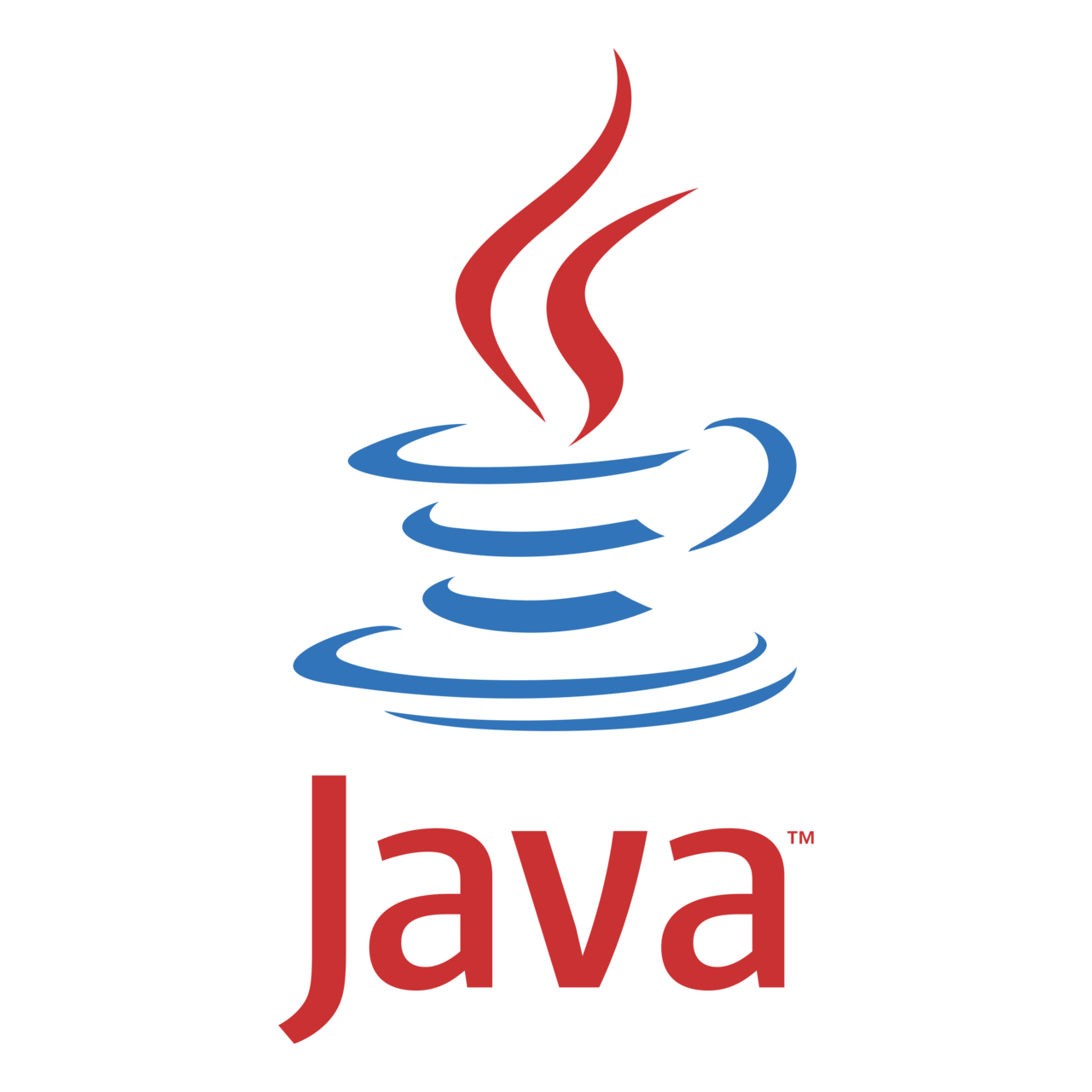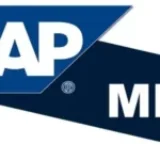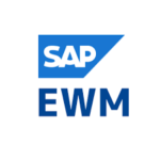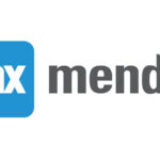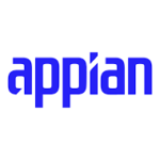Java Full Stack Training
Golive Classes, a leading training company to learn Splunk admin course and certification with real-time project material, useful notes, and details.
About Course
Master Java Full Stack course online with Golive Classes. We provide the best Java Full Stack course online in Hyderabad and other states in India.
Java Full Stack Development refers to the ability to work with both front-end and back-end technologies using Java. It involves mastering various programming languages, frameworks, and database management systems. The front-end is what users interact with, while the back-end handles server-side operations, making Java Full Stack Developers well-versed in the entire development stack.

Java Full Stack training
Skills Required for Java Full Stack Developers
To excel in Java Full Stack Development, one must possess a range of skills. Proficiency in programming languages like Java, JavaScript, and Python is crucial. Additionally, knowledge of frameworks such as Spring Boot and Angular, along with database management skills, is essential for success in this field.
Popular Java Full Stack Frameworks
For back-end development in Java, Spring Boot stands out as a widely used framework. On the front-end, Angular and React are popular choices. These frameworks provide the necessary tools and structures to streamline the development process, allowing developers to create robust and scalable applications.
Why train Java Full Stack course online with Golive Classes?
1.We provide training along with Real-time concepts with case studies
2.Project Explanation
3.Interview Questions
4.Resume preparation
5.Technical Assistance even after Course Completion
6.Career Guidance
7.life time video recordings Access
8.The assistance provides in consulting and placement
9.Free other courses will be provided free of cost.
Java Full Stack Online Training Course Content
FULL STACK JAVA COURSE CONTENTS
Part 1: Core Java
- Introduction to Programming Concepts
Java Introduction
- Java Introduction
- Download and Install Java
- Developing a Java Application at command prompt
- Download and Install Eclipse IDE
- Developing a Java Application in Eclipse IDE
Java Basics
- Variables
- Data types – Primitive Types and Reference Types
- Casting – Implicit Casting and Explicit Casting
- JShell tool
- Operators
- Reading input from keyboard using Scanner class
- Control Statements
- if statement
- switch statement
- while loop
- do .. while loop
- for loop
- break and continue
Arrays
- Creating an Array
- One Dimensional Arrays
- Example programs using Arrays
Java OOP
- Classes and Objects
- Constructors
- static keyword
- Packages
- Inheritance
- Polymorphism – Method overloading and Method Overriding
- super reference
- Constructors in Inheritance
- final keyword
- Inner Classes
- Access Modifiers – private, default, protected and public
- Encapsulation
- Abstract classes
- Interfaces
- Java Coding Standards
java.lang package
- Object class
- String class
- StringBuffer and StringBuilder classes
- Methods of String class
- Math class, System class
- Wrapper classes
Exception Handling
- Types of Errors
- Exception keywords – try, catch, finally, throw, throws
- Exception Hierarchy
- Exception Categories – checked and unchecked
- try with multiple catch blocks
- User Defined exceptions
- Methods of Throwable class
Multithreading
- Introduction to threads
- Thread Life Cycle –State Transition Diagram of a Thread
- Creating threads using Thread class and Runnable interface
- Methods of Thread class
- Thread Priorities
- Synchronization
- Inter Thread communication
Collections Framework
- Introduction to Collections, Collections Hierarchy
- List – ArrayList, LinkedList classes
- Generics in Collections
- Enhanced for loop in Collections
- Set – HashSet, TreeSet, LinkedHashSet classes
- Map –HashMap, TreeMap, LinkedHashMap classes
- Iterating List, Set and Map
- Comparator interface
Java 8 and Java 9 Features
- Functional Interfaces
- default and static methods in Interfaces
- private methods in interfaces
- Lambda Expressions
- forEach( ) method
- Stream API
IO Package
- Introduction to Streams,
- Types of Streams – Byte Streams and Character Streams
- InputStream sub classes
- FileInputStream
- BufferedInputStream
- DataInputStream
- OutputStream sub classes
- FileOutputStream
- BufferedOutputStream,
- DataOutputStream
- Reader subclass
- FileReader
- BufferedReader
- Writer sub classes
- FileWriter
- BufferedWriter
- Serialization – ObjectOutputStream and ObjectInputStream
SQL (MySQL)
- Introduction to Database and SQL
- Download and Install MySQL Database Server
- SQL Command Types – DDL, DML, DQL, TCL
- DDL – CREATE, ALTER, DROP, TRUNCATE
- DML – INSERT, UPDATE, DELETE
- DQL – SELECT Command
- TCL – COMMIT, ROLLBACK
JDBC
- Introduction to JDBC
- Steps to connect to Database using JDBC
- Statement Interface, PreparedStatement interface
Part2 : Web Technologies
Web Technologies
- HTML
- CSS and Bootstrap
- XML
- JSON
- JavaScript
- TypeScript
Angular Framework
- Angular Introduction
- Angular Setup
- Creating an Angular Project
- Running an Angular Project
- Understanding Angular Folder Structure
- Creating Components in Angular
- Data Binding
- Angular Directives
- Angular Services
- Angular Forms
- Angular Routing to develop Single Page Applications
- Angular Http Module
Part 3 : Advance Java / Java EE
Java EE Introduction
- Java EE Introduction
- Components of Java EE
- Types of Servers – Web Servers, Application Servers
Servlets
- Introduction to Servlets, Servlet Hierarchy
- Servlet Life Cycle
- Developing Servlets using GenericServlet and HttpServlet
- Reading HTML form data into Servlet
- GET vs POST methods
- Developing a Login Application using Servlets
JSP
- Introduction to JSP, JSP Life cycle
- JSP Tags – Directives, Scripting elements, Action tags
- JSP implicit objects
- Using Java Beans in JSP
- Custom Tags in JSP
- JSTL
Part 4 : Frameworks
Hibernate Framework
- ORM Overview, Hibernate Architecture
- Developing a Hibernate Application
- CRUD Operations in Hibernate
- Hibernate Query Language (HQL)
- Hibernate Criteria API
- Inheritance using Hibernate
- Hibernate Associations
- Annotations in Hibernate
Spring
- Springs Overview, Spring Modules, Dependency Injection
- Spring Core Module
- Spring Bean Module, Injecting Beans
- Autowiring using @Autowired annotation
- Spring DAO Module
- Spring JDBC Module
- Spring ORM Module (Hibernate)
- Spring Data JPA Module
- Spring MVC Module
- Spring Boot Module
- Spring REST Module
- Developing a Spring REST CRUD Application using Spring Boot
Microservices
- Introduction to Microservices
- Microservices Architecture
- Microservices vs SOA
- Developing a Microservice Application using Spring Boot and Eureka Server
Part 5 : Real Time Tools
- Maven tool
- GitHub tool
- JUnit tool with Mockito
- Lombok tool
- Postman tool
Part 6 : Project
- Project using Spring Boot and Angular
Frequently Asked Questions
- Is Java Full Stack Development suitable for beginners?
- Yes, with the right learning resources and dedication, beginners can successfully enter the field of Java Full Stack Development.
- What are the key challenges faced by Java Full Stack Developers?
- Keeping up with evolving technologies and balancing front-end and back-end tasks are common challenges.
- How can I stay updated on the latest trends in Java Full Stack Development?
- Joining online forums, attending conferences, and following industry blogs are effective ways to stay informed.
- Are there specific industries where Java Full Stack Development is in high demand?
- Yes, industries such as e-commerce, finance, and healthcare often seek skilled Java Full Stack Developers.
- How can I ensure a healthy work-life balance as a Java Full Stack Developer?
- Setting boundaries, taking regular breaks, and prioritizing self-care contribute to maintaining a healthy work-life balance.
Java Full Stack Course Content Download Link
Want to book a Demo for this awesome Java Full stack Admin Course? Click Register.


